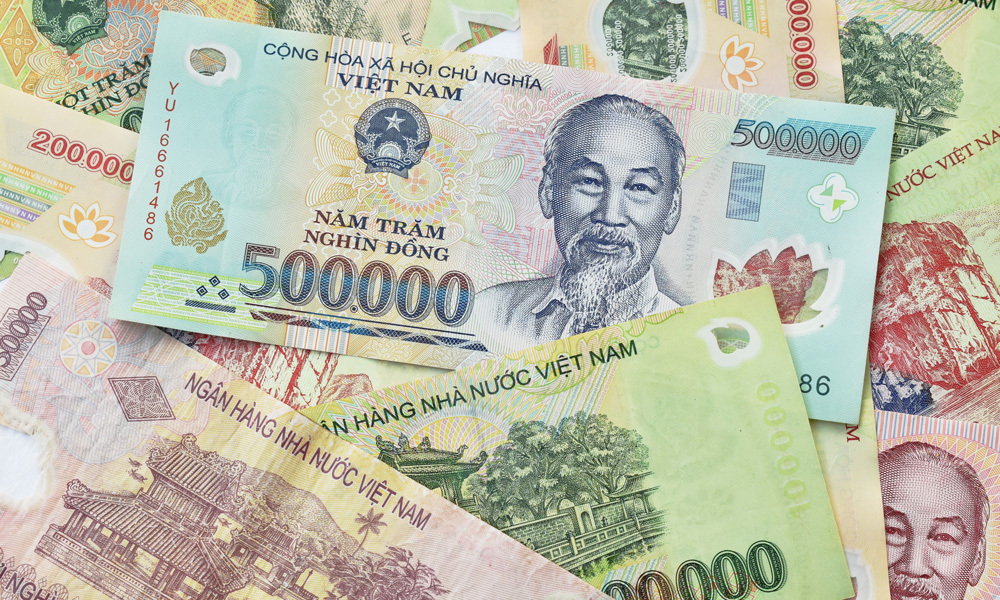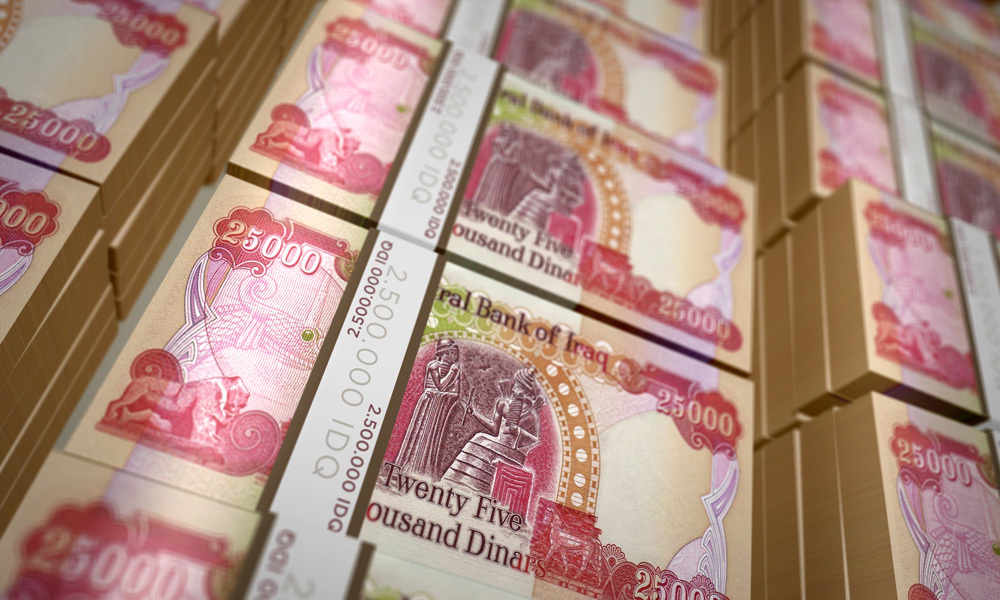Collecting coins is a fascinating hobby with many rewards, both intellectual and financial. It can also be expensive, especially if your collecting tastes favor gold coins. That’s why it’s important to have a collecting strategy in place before you start buying. Here are some suggestions on how to build your collection wisely.
Start with a Vision
What do you want in your collection? A nice sample of each design? Coins made by a particular mint? Each denomination of a particular design? Or maybe a collection of a particular denomination? Having a plan lets you focus your acquisitions without being distracted by coins that don’t build toward your collecting goal.
Start Small
Unless you have a lot of money to invest, collecting gold coins requires patience. A good idea is to look at your goal and break it into smaller parts. At around $1,300 an ounce, the bullion value of gold coins is significant. Add to that the numismatic (collectible) value of rarer coins and a single purchase can run into several thousands of dollars. Rather than trying to spread your buying over a wide variety of coins—and possibly never reaching your goal—start by focusing on one denomination or one mint. That way, you’ll have the satisfaction of completing a subset of your collecting goal and moving on to the next challenge.
Don’t Overbuy
As a collector, you want the best coins you can afford, but don’t feel like every one has to be MS-65. The difference of one grade point can be considerable while the visual impact of the coin is subtle. Plus, examples of top-graded coins may be rare while coins a notch down are more plentiful and thus less expensive. And if only a few top-graded coins exist, they may not be on the market often and that could drive up the value of coins the next grade down.
Do Your Homework
The best way to ensure that you’re buying smart is to know what you’re buying. Not every coin seller is a paragon of virtue, and the market is very much “buyer beware.” Your first line of defense is only buying from well-respected dealers, but even that can involve negotiation, so the more you know, the better you can bargain. Sources of information abound, so learn all you can about the coins you’re collecting and stay informed about the market. That’s not only smart, but it’s part of the fun, too.
Don’t Expect to Get Rich Quick
Coin dealers are in business to make money. They do that by charging premiums for both buying and selling coins. It’s common to pay as much as a 20% premium when buying and nearly that much when selling. That means you don’t make a profit until the coin’s value has risen by 30-40%. You may find lower premiums on coins that are common or have fallen out of favor with collectors, and that can make for some good buying opportunities, but generally it can take years or even decades for a coin to appreciate enough to be a real money-maker. Use that time to carefully build your collection and enjoy doing it. The financial rewards will come later.
Experienced collectors can give you ideas for the strategy that’s right for you. Here are some articles you might find helpful:
8 Tips for Buying United States Gold Coins
Collecting United States Gold Coins
Common Factors Affecting Coin Value
Whether you’re a seasoned collector or just getting started, be sure to browse the selection of U.S. and foreign coins and banknotes available online from The Great American Coin Company™. Our inventory is constantly changing, so be sure to check back often.


